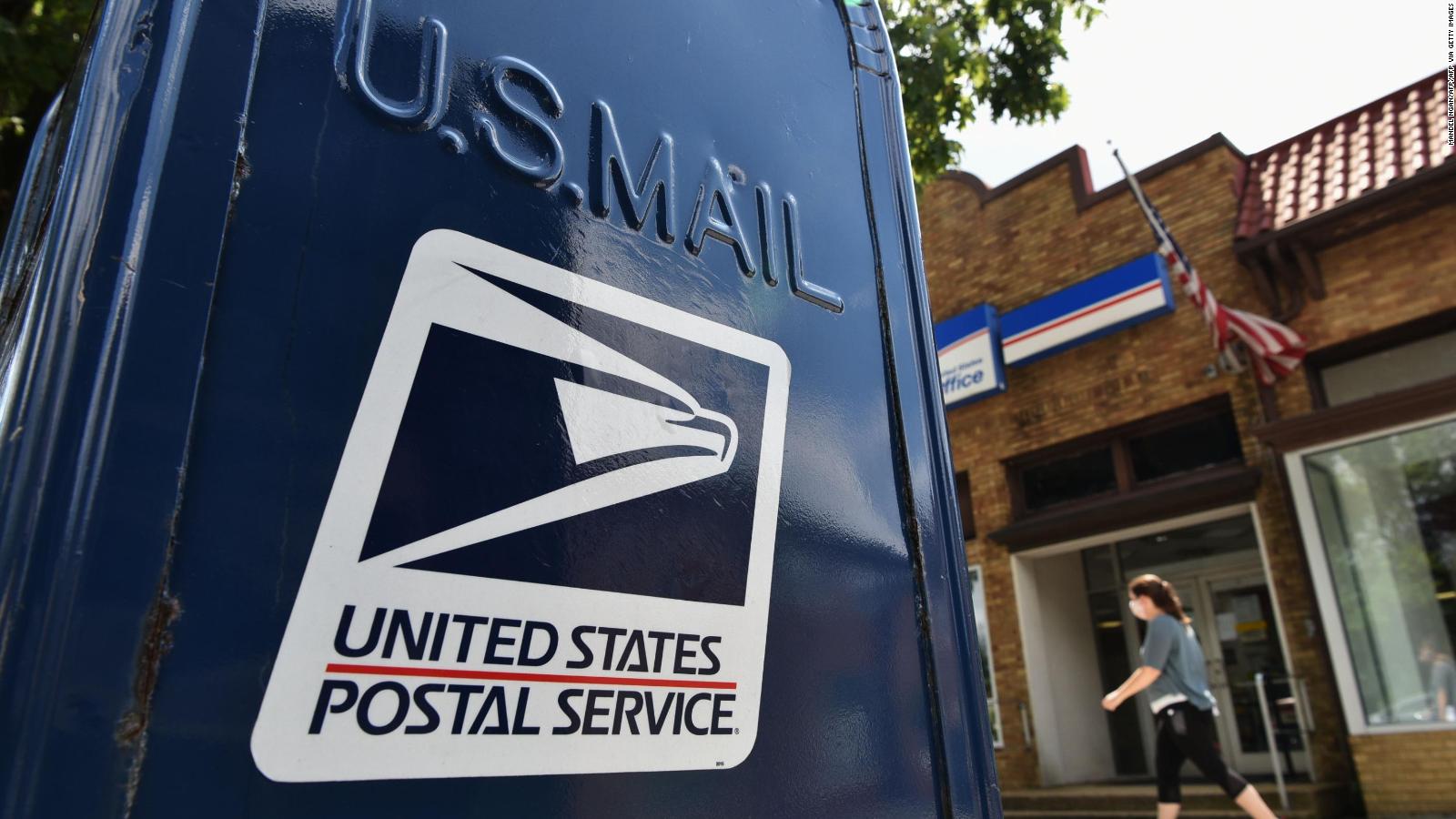United States Postal Inspection Service (USPIS) in its recently released audit recommends that the agency develop a “comprehensive crypto training program” for its inspectors in order to help them reduce risks during investigations.

The United States Postal Inspection Service (USPIS), the U.S. Postal Service’s law enforcement arm, undertook an internal assessment of how it conducts crypto-related investigations and discovered a significant opportunity for improvement.
Specifically, the USPIS handled only a few crypto-related cases during the two fiscal years under consideration — 2019 and 2020 — with a total of four closed cases in which postal inspectors seized crypto as evidence during an investigation and nine other cases managed under the USPIS’ “Cryptocurrency Fund Program,” which was established in 2017.
This program’s goal was to establish standards and regulations that would help investigators account for bitcoin transactions and reduce any associated operational risks.
This is especially crucial, as the paper points out, because “the secrecy of cryptocurrency transactions and the substantial volatility in cryptocurrency value present chances for abuse or theft when used during law enforcement activities.”
Despite the small volume of crypto-related activities, the USPS Office of Inspector General (OIG) decided earlier this year that a self-initiated audit was required because cryptocurrencies are frequently used as the “preferred medium of exchange” for illegal activities such as ransomware campaigns, online scams, and money laundering.
The audit study found a “lack of uniform training” for USPIS workers regarding cryptocurrency throughout the two fiscal years under consideration.
This meant that postal inspectors who conducted undercover investigations and bought cryptocurrency as part of their work didn’t follow the guidelines outlined by the Cryptocurrency Fund Program.
While inspectors did use the program to account for crypto transactions for investigative purposes in some cases, the audit discovered that there are many legitimate situations where using the program is not possible, such as when certain crypto vendors only accept payment in the form of specific private cryptocurrencies.
Inspectors in these circumstances had to request regular investigation funds in US dollars and were personally responsible for all crypto-fiat conversions and unused investigative money management.
The audit found a breakdown in communication between management and inspectors in these circumstances, implying that the program’s leadership “cannot account for the overall quantity of cryptocurrencies used for investigative purposes across the Postal Inspection Service at this time.”
As a result, the auditors were compelled to do a manual keyword search for various crypto-related terms in order to determine whether crypto had been employed in particular investigation cases, resulting in the discovery of 1,064 distinct case numbers that would now be manually evaluated. The audit report concluded on this point:
“The Program is unable to carry out one of its primary purposes—to help postal inspectors manage the challenges associated with cryptocurrency’s inherent volatility—which ultimately leaves the Postal Inspection Service susceptible to theft, abuse, and mismanagement of federal funds.”
The USPIS should guarantee that the Cryptocurrency Fund Program has the information it needs to offer supervision in the future, according to the audit report, and implement a thorough cryptocurrency training program for all inspectors.
It has also proposed a reorganization of the agency’s present data management for investigative transactions, which has been erroneous and includes duplicates, jeopardizing the agency’s ability to track and manage its crypto-related law enforcement activities effectively.
The USPIS was “involved in the joint efforts to dismantle the Wall Street Dark Web Marketplace” in 2019, according to Margaret McDavid, deputy assistant inspector general in the OIG Office of Audit’s Inspection Service and Information Technology Directorate, which resulted in the seizure of over $25 million in cryptocurrency.
